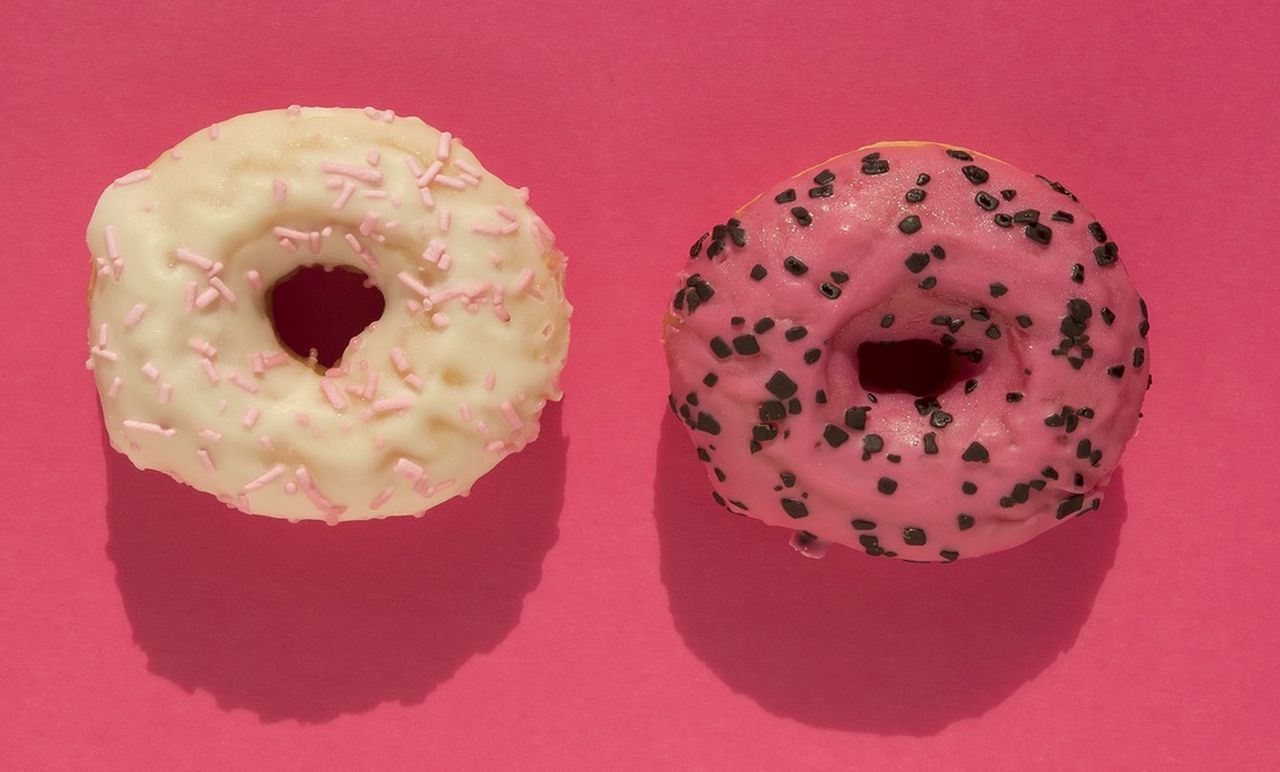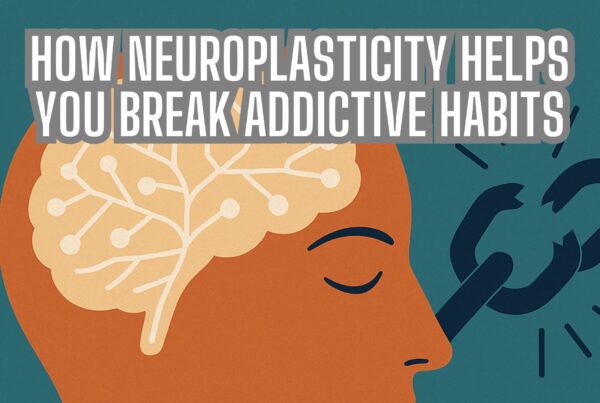Debunking the Addictive Personality Myth: A Comprehensive Look
What Do We Mean by “Addictive Personality”?
The term “addictive personality” often pops up in casual conversations, especially when discussing someone’s tendency to get deeply involved in certain behaviors. The common narrative suggests that some individuals are just wired to be more susceptible to addictions. However, this concept of an addictive personality leans more towards pop-psychology than scientific fact.
To truly grasp why the notion of an addictive personality is misleading, it’s crucial to understand the definition of personality in psychological terms. Personality encompasses broad, stable, and measurable individual traits that predict behavior. Therefore, by this definition, excessive behaviors cannot be labeled as a personality trait.
The Role of Personality Traits in Addiction
While the idea of an addictive personality might be flawed, certain personality traits are indeed linked to addiction. One of the major “big five” personality dimensions is neuroticism, which includes traits like openness to experience, conscientiousness, extraversion/introversion, agreeableness, and of course, neuroticism itself.
Individuals with high scores in neuroticism tend to be more emotionally reactive. Such individuals are also more prone to engage in various excessive behaviors, ranging from overeating and excessive online gaming to substance dependence. The underlying reason might be their attempt to regulate their heightened emotions. Furthermore, neuroticism is associated with several mental health conditions, leading to speculations about the relationship between mental health and addiction.
Genetics: Nature’s Role in Addiction
Research has shown that both personality and addictive behaviors might have genetic underpinnings. Scientists have identified five key genes that seem to predispose individuals to substance dependence and other addictive behaviors. Interestingly, one of these genes is also linked to extraversion, another of the “big five” personality dimensions.
These genes influence the dopamine system in the brain, often termed the “reward system.” Individuals with certain variants of these genes have brains that utilize dopamine less efficiently. This inefficiency might drive them to seek out pleasurable experiences more aggressively.
Dopamine: The Motivation Neurotransmitter
Dopamine is frequently mischaracterized as the “pleasure neurotransmitter.” A more accurate portrayal would be to call it the “motivation neurotransmitter.” It propels individuals to engage in behaviors essential for survival, such as eating and procreation.
It’s logical then that certain gene variants are associated with “sensation seeking,” another personality dimension. This trait is characterized by the pursuit of novel sensations and a willingness to take various risks for such experiences. Many individuals with addictive behaviors also score high on this dimension.
Environment’s Influence on Addiction
While genetics play a role, it’s essential to recognize the significance of environmental factors. Not everyone with the aforementioned dopamine gene variants develops addiction issues. Some might find their dopamine “fix” through adrenaline-pumping activities like car racing or skydiving. Conversely, some individuals who struggle with substance dependence might not have the genetic predisposition but might have been influenced by environmental factors like trauma or societal norms around drug use.
In essence, while certain personality traits might predispose an individual to addiction, there’s no singular personality type that guarantees it. Addiction is a complex issue with multiple causes. Simplifying it to a mere personality trait might not only be scientifically inaccurate but also unhelpful in addressing the root of the problem.
Book Your FREE Half Hour Consultation With Release Hypnosis NOW!
You may also like to read:
Breaking Addiction Through Counselling and Hypnosis
The Truth About Hypnotherapy and Smoking Cessation
Facts About Habits That Might Surprise You
What Does That Smoking Habit Want For You








